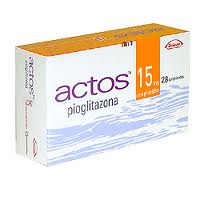According to the findings of a new medical study, presented at the North American Spine Society, Medtronic’s Infuse bone graft product maybe linked to an increased risk of cancer.
There is growing concerns over a potential risk of cancer from Medtronic Infuse, which contains rhBMP-2, a bioengineered bone growth protein. Research indicates that a higher-dose formulation of Infuse, known as Amplify, has been linked to a significantly higher number of cancers than were found among those who received a traditional bone graft.
The data had been given to the Food and Drug Administration by Medtronic when it sought approval to market a high-strength version of an existing bone growth product Infuse. Based on those study findings, the F.D.A. rejected that higher-dose formulation, known as Amplify, citing concern about cancer risks.
 Dallas Fort Worth Injury Lawyer Blog
Dallas Fort Worth Injury Lawyer Blog








